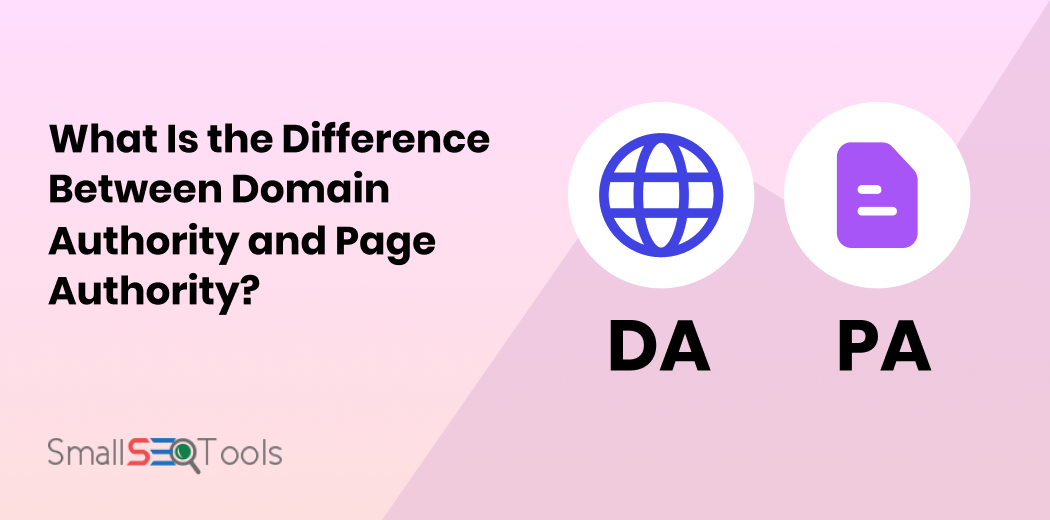Outdated SEO Tactics You Are Still Practicing Today

When we listen to some online business owners talk about search engine optimization (SEO) and all the “hard work” related stuff they've been doing to grow their search traffic, we can't help but remember the good old dinosaurs.
At SST, we receive tons of emails and questions from people around the world every day. And based on our evaluation of these emails over time, you will be surprised at the number of people who are still practicing outdated, old SEO tactics.

There is a faction in the SEO bloc which believes that “SEO is dead.” Always, we try our best to explain to people that SEO is not dead. What is dead instead is, of course, some SEO tactics. In other words, most of the SEO tactics that were getting results in time past are no longer holding water today. In fact, Google, Bing, and other search engines are already frowning at some SEO practices which used to work, some as close as two years ago.
If you are serious about getting results from your search engine optimization, it's important that you let go of these “dinosaur” SEO tactics and embrace techniques that work today. In assessing the numerous emails we've been getting from our users, we found that most people do not even know SEO practices that are dead, not to mention replacing them. So today, we will briefly discuss some of these old tactics to give you a headway.
Let's see them:
Comment spamming
Some SEO practitioners still spam blogs and forums, leaving short, worthless comments in hopes of building some backlinks and authority. Many individuals even utilize computerized scripts that import remarks in various online journals.
This is a dead tactic that no longer works and can even be counter-productive these days:
-
Intelligent search engines like Google now already have algorithmic systems that castigate this practice.
-
You'd be risking your brand's reputation spamming with comments. If you spam all forums and blogs saying "Buy my awesome product!" nobody will really buy your awesome product.
Spamming blog and forum comments used to work before Google introduced the "nofollow" attribute. And that was years ago. Don't misunderstand this. We are not saying that commenting on other blogs or even on forums is a bad idea. In today's digital marketing, if you are going to leave comments on other blogs, approach it differently.

Instead of trying to use blog commenting to build “links,” use it to build relationships instead. That is, relationships with other bloggers in your niche.
So instead of leaving useless, short, poorly written comments and sticking a link in those…
….ensure that your comments contribute nicely to the pages you're leaving them. Strive to add value with well-written, relevant, and insightful comments. And build relationships with the blog publishers and readers.
If you're going to build links, there are other legitimate link building strategies like proper guest posting. Start with this backlink maker tool.
Using multiple domains for SERP domination
Here's how this used to work:
If you wanted to own and dominate the first page of Google search results, whether for a branded query or an unbranded query, one SEO tactic you could implement was to add in a bunch of subdomains to your website or register several separate domains so that you'd be able to control that top 10.

Most web hosting companies were guilty of this. Small business services that offered one web related service or another also did this a lot, especially if there were a lot of competitors. But this doesn't work anymore. Google recently started giving priority to multiple subpages in a single SERP from a single domain. For example, if you were to search for any business topic, you will find that websites like Entrepreneur.com and LinkedIn Pulse shows up multiple times for some search terms.
Quora also tend to show up multiple times on a bunch of question style searches. Same with Stack Overflow, which ranks multiple times for a lot of development-related questions.

Instead of wasting time and money on building multiple subdomains and small websites, try barnacle SEO and subfolder hosted content.
Creating non-contextual content
By “non-contextual content,” we mean content that you create for bots, and not with humans and the context of their queries in mind. Also, contextual content is not necessarily content that's unique, decently-written, and grammatical correct. Your content may have all these attributes but Google may still consider it useless.
To win in SERPs today, not only must your content be unique and decent, it must be contextual. In other words, it must fit pretty well into the context of the user's intent.

Unfortunately, some people still create non-contextual content today. You could rank well back then with those sort of content, but not after the introduction of Google Hummingbird in 2013.
RankBrain, the latest Google [artificial intelligence] algorithm (which is also an extension of Hummingbird), is specifically built to best rank content based on user intent. If your content is not written to answer user questions, you're writing wrong. RankBrain is also smart enough to measure the amount of time users spend on your page (dwell-time), click-through rates, bounce rates, etc.
If you can create engaging, relevant content, this will actually improve your standing with Google.
One trick to apply here is to try to ANSWER as much USER QUESTIONS as you can within your articles. You can use Answer The Public to generate questions and sprinkle those on your blog posts with appropriate answers.
Also, try to target long-tail keywords because they are more specific and about 50% of search queries are four words or longer.

Using meta keywords
In the past, search engines, including Google and Bing, used to consider meta keywords, including the keyword meta tag, to know what a website was about.

This started with [now mostly defunct] search engines like WebCrawler, Altavista, Infoseek, Lycos, Yahoo, and other early search bots, which were not as intelligent as today's engines.

But as search engines relied on meta tags to rank sites, they were betting on the hope that webmasters would only put in keywords related to their sites. However, this quickly fell apart as webmasters learned they could rank for highly searched keywords by just adding them to their meta keyword tag.
They abused the system.
This pushed search engines to find new ranking factors to try and combat this spam.
As years passed, all search engines became smarter and had a much better ranking algorithm. Since meta tags for keywords were often spammed, many started to find ways to do away with this method and look at your actual content.
Unfortunately, some marketers still struggle to stick keywords in their meta tags. Outdated!

What to do instead is to create an insanely compelling meta descriptions as well as title tags. The idea is to persuade searchers to click on your results instead of clicking on the ones below or above.
When your results receive lots of click-through-rates, Google deems it valuable (which means it thinks users like it) and moves it higher.
Submitting your site for indexing
Have you ever been told you needed to submit your site for search engines to find it?
You got played!
Well, maybe not deliberately as this used to be practiced. But many website owners still waste their time submitting their website in hopes of getting picked by search bots.

In this smart-tech age, Google and other modern search engines are so powerful that you don’t actually have to submit your site for indexing any longer. They'll do the finding by themselves in no time. What you ought to focus on is to make your site easily crawlable by doing things like adding a sitemap, organizing your pages and content orderly, etc.
Keyword cramming
Keyword cramming (or keyword stuffing) is something that webmasters used excessively in the past to sit atop SERPs.

But these days, search engines hate it when you “spammingly”cram keywords into your content.
When you stuff keywords, a lot of things go wrong. First, it's obvious you're not writing for humans; you're merely trying to game the system. But search engines are smart. Humans ate smart too. This means keyword-stuff content affects both your rankings and conversion.
Search engines won't rank your content. People who come to your website will get turned off when they notice crammed keywords. Which means they won’t buy from you or share your content.

Of course, your web pages need to contain keywords that are related to your topic to properly appear on SERPs. Otherwise, search engines wouldn’t be able to detect what your website is about.
But that doesn't mean you should abuse it.
The solution is to use keywords in a natural context. Write for the human reader, with the intention of solving their problems or answering their questions. When you do this, you'd naturally be using semantic keywords. Modern search engine algorithms can understand topics, which is semantic search. Tools like our freemium Keyword Research tool and LSIGraph will get you up and flying with keyword optimization and research.
EMBRACE MODERN SEO TACTICS
These bad SEO tactics just doesn’t want to die, right? We get it, old habits are hard to kill. But friends, it’s time to move on.
We've had to probe several failed SEO campaigns of different companies. And every single time, the cause always boils down to using bad SEO or outdated SEO tactics that they considered “tested and trusted” but are in fact no longer valid.
Our usual advice? Only use up-to-date methods if you must get high rankings.
How?
First, stay updated with the latest SEO tactics that work by reading trusted thought leadership SEO blogs like this one. Also, use modern SEO tools. The tools in SmallSEOTools use white-hat SEO methods that play by the rules and are created with current and future search engine optimization techniques in mind.











